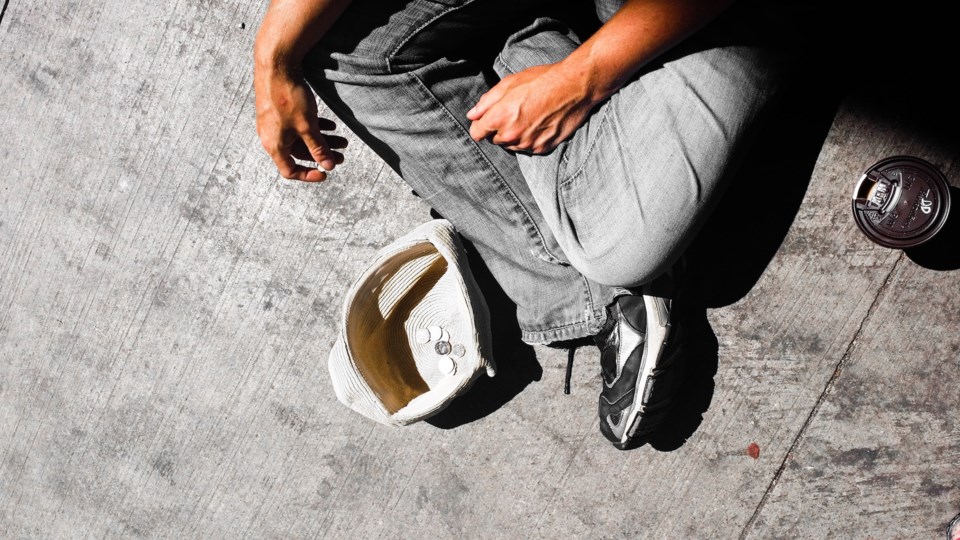A three-year, $529,000 program in Sudbury funded by the province aims to help young people break the cycle of poverty.
The Local Poverty Reduction Initiative is the local arm of a six year, $50 million provincial program targeted at young people at risk, women, single parents, visible minorities, seniors and First Nations communities.
A staff report headed to the City of Greater Sudbury's community services committee next week says the focus of the program includes:
breaking the cycle of poverty for children and youth;
- Employment and income security for people in, or at risk of being in, poverty;
- Preventing and reducing homelessness; and,
- Projects within Indigenous communities and Indigenous-led organizations both on and off reserve.
In Sudbury, the program started last September and will run until 2020. It offers after-school programs for 100 children at eight schools in high-need areas, beginning in Grade 4. The success of the program will be measured, in part, by looking at the students' scores on provincial testing (EQAO), contrasting their results in Grade 3 and Grade 6.
“The corresponding Grade 6 EQAO scores will be used as one indicator of a series of indicators, to quantitatively evaluate the program,” the report says.
Other ways to track the success of the program include the rates of delinquency, truancy/absenteeism, school participation, leadership, belongingness and behavioural incidents of the 100 participating students over the three years.
“Programming will be offered in six- to eight-week blocks during the school year, one day per week for two hours immediately at the end of the school day, and will alternate between recreation and leisure activities (ie: ball sports, photography, cooking, etc.),” the report says. “The first block of programming will begin in April 2018 and will follow the school year calendar, with a break for summer, Christmas and March Break. Opportunities for unique summer programming will be explored and implemented where feasible.”
The programs will be offered at the individual schools, with students able to take the school bus home afterward to ensure they can all participate.
Parents don't have to agree to participate in the evaluation aspect of the program to enrol their children.
Read the full report here.
